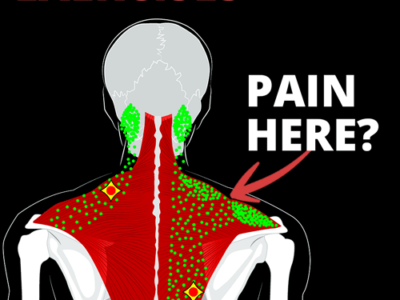Tomatoes are a versatile and nutritious fruit, known for their rich flavor and numerous health benefits. However, consuming too many tomatoes can lead to some unwanted side effects. In this article, we will delve into the lesser-known consequences of eating excessive amounts of tomatoes and how they may impact your health.
Nutrient Overload: The Double-Edged Sword
While consuming tomatoes can provide various essential nutrients such as Vitamin A, C, K, and potassium, overconsumption can lead to an imbalance in nutrient levels. This is especially true for those who consume large quantities of tomato products, like sauces and juices. Excess consumption of these nutrients can potentially be harmful to your overall health.
Vitamin A Toxicity
Regularly consuming excessive amounts of tomatoes can result in a buildup of vitamin A, leading to potential toxicity. While rare, symptoms of vitamin A toxicity include dizziness, nausea, joint pain, and even hair loss. It may also contribute to bone weakening and liver problems in severe cases.
Potassium Imbalance
The high potassium content in tomatoes may cause issues for individuals with kidney disease, as excess potassium cannot be efficiently eliminated through urine. High potassium levels can lead to hyperkalemia, a condition that causes muscle weakness, irregular heartbeat, and even heart attack in extreme cases.
Acidic Woes: Indigestion and Acid Reflux
Tomatoes contain malic acid and citric acid, which are responsible for their tangy taste. However, these acids can cause discomfort for people with a sensitive stomach or predisposition to gastrointestinal issues.
Aggravating Heartburn
Overconsumption of tomatoes can worsen symptoms of heartburn and acid reflux, as tomato-based foods tend to have a high acidity level. As the stomach produces more gastric acid to digest these foods, it may irritate the esophagus, leading to increased discomfort.
Irritable Bowel Syndrome (IBS)
Eating too many tomatoes may exacerbate IBS symptoms in certain individuals. The excess levels of malic and citric acids can cause increased gas production, bloating, abdominal pain, and diarrhea. It is advisable for IBS sufferers to monitor their intake of highly acidic foods like tomatoes.
Lycopene Overload: A Double-Edged Antioxidant
Tomatoes are known for their high lycopene content, an antioxidant that has been linked to numerous health benefits. However, excessive lycopene intake can lead to some unexpected side effects.
Lycopenodermia
Excessive consumption of tomatoes may result in a condition called lycopenodermia, which causes the skin to develop an orange or red hue. While usually harmless, this discoloration may be concerning for some individuals. Cutting back on tomato intake will typically resolve the issue over time.
Allergic Reactions
Some people may experience an allergic reaction to the lycopene found in tomatoes. Symptoms can range from mild, such as itching or hives, to severe, including difficulty breathing or anaphylactic shock. If you suspect a lycopene allergy, consult with a healthcare professional before continuing to consume tomatoes or tomato-based products.
Detrimental Impact on Oral Health
The acidic nature of tomatoes can also affect oral health. Regular consumption of acidic foods and beverages can erode tooth enamel over time, leading to increased sensitivity and a higher risk of cavities.
Erosion of Tooth Enamel
Enamel erosion weakens the outer protective layer of teeth, making them more susceptible to decay. Limiting the intake of highly acidic foods like tomatoes and practicing good oral hygiene can help maintain healthy tooth enamel.
In Summary
While tomatoes are packed with vital nutrients and antioxidants, consuming them in large quantities may lead to unexpected side effects. It is essential to maintain a balanced diet and monitor one’s tomato intake to enjoy their health benefits without experiencing adverse consequences.
Recommendations for Safe Consumption
- Monitor your daily tomato intake and aim for moderation.
- If you have pre-existing gastrointestinal issues, limit your consumption of highly acidic foods like tomatoes.
- Practice proper oral hygiene to offset any potential damage caused by the acids in tomatoes.
- Consult with a healthcare professional if you suspect an allergy or sensitivity to lycopene.





Comments